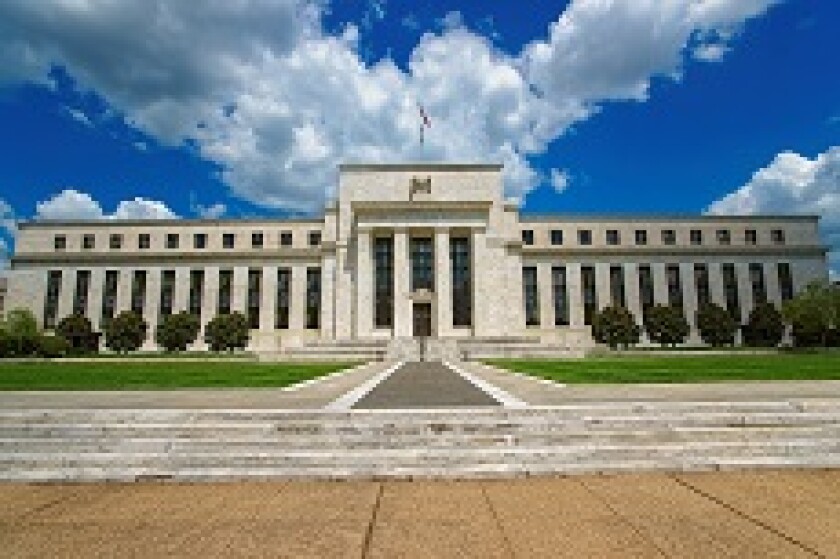Panelists at Euromoney's Global Borrowers & Bond Investors Forum in London on Tuesday highlighted attacks on central bank independence as one of their key concerns for capital markets.
Karen Ward, EMEA chief markets strategist at JP Morgan, said the idea that central banks would be able to continue to ignore political noise and maintain their independence was becoming a dangerous assumption.
She added that the US Federal Reserve and other central banks would find it difficult to stand by and allow a narrative to be formed that they were not national champions and were hindering popular policy.
US president Donald Trump is the most notable trespasser on the once sanctified ground of Fed independence, territory upon which few politicians have dared to tread in public view.
GlobalCapital has reported in the past that Trump is far from the only US president to have tried to pressure the Fed into lowering interest rates, but few do so openly.
However, Trump has broken yet another norm by attacking a foreign central bank, for what he sees as monetary policy that is unhelpful to his administration.
“Mario Draghi [the president of the European Central Bank] just announced more stimulus could come, which immediately dropped the euro against the dollar, making it unfairly easier for them to compete against the USA,” Trump tweeted on Tuesday. “They have been getting away with this for years, along with China and others.”
Trump tweeted that European markets rose on Draghi’s comments, which were unfair to the US.
The idea that the ECB is deliberately engaging in monetary policy stimulus to keep the euro low against the dollar, thus aiding European exports, is ludicrous.
However, it shows what little regard Trump has for central bank independence that he is willing to attack it as if it were a policy tool of the EU.
He may continue to use this type of attack to try to pressure Europe over trade, putting pressure on Draghi’s successor to end an era of ‘lower for longer’ rates policy.
Trump is perceived as being on the right of the political spectrum, but some on the left also share his apathy towards central bank independence.
Should a Labour government take power in the UK for example, likely prime minister Jeremy Corbyn could easily initiate his policy of “people’s QE”, that would see the Bank of England funding the real economy through a national investment bank.
This policy is similar to the thinking of some Democrats in the US where so called "helicopter money" has become a central feature of a transformative set of economic policies gaining in popularity.
As populist political forces continue to rise, they are casting off established norms. One of these appears to be political support for independent central banks and their control of the monetary supply
Market participants would be wise to cast off any certainty that central bank independence is a solid pillar of western financial markets; it could be gone sooner than they think.

